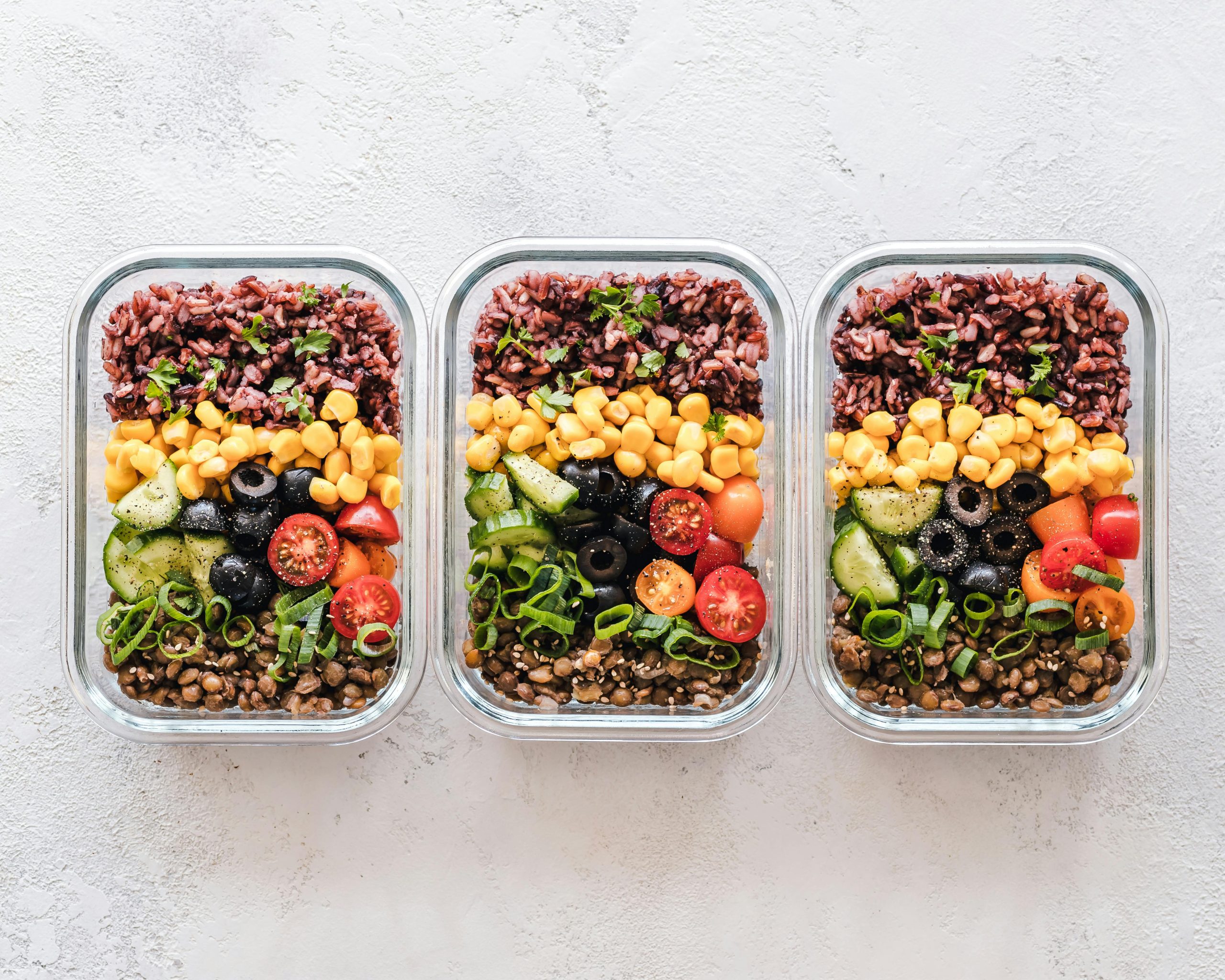How Can I Meal Prep Without Wasting Food?
Meal prepping is a fantastic way to save time, money, and effort in the kitchen. However, many individuals struggle with food waste when preparing their meals in advance. If you find yourself wondering, “How can I meal prep without wasting food?”, you’re not alone. In this article, we’ll explore practical strategies to ensure your meal prep is efficient, economical, and eco-friendly.
Understanding Food Waste
Before diving into meal prep strategies, it’s important to understand the concept of food waste. Food waste refers to edible food that is discarded, lost, or uneaten. In the US alone, around 30-40% of the food supply is wasted. This not only impacts your wallet but also places a significant burden on the environment.
Benefits of Meal Prepping
Meal prepping comes with several benefits, including:
- Time-saving: Prepare meals in advance to save time during busy weekdays.
- Cost-effective: Buy in bulk and utilize ingredients efficiently, reducing grocery bills.
- Healthier choices: Control portions and ingredients, making it easier to eat healthy.
- Less food waste: Plan meals to use all ingredients effectively.
How to Meal Prep Without Wasting Food
Here are some practical tips to help you meal prep efficiently while minimizing food waste:
1. Plan Your Meals
Start with a solid meal plan. Before heading to the grocery store, outline what you want for the week. Consider the following:
- What meals do you want to prepare?
- Which ingredients can be used across multiple meals?
- How many servings do you need for each recipe?
By planning your meals, you can ensure that you purchase only what you need, reducing the likelihood of food going unused.
2. Make a Shopping List
Once you have your meal plan, create a detailed shopping list. Stick to the list while shopping to avoid impulse buys that may lead to excess ingredients and waste.
3. Choose Versatile Ingredients
Opt for ingredients that can be used in multiple recipes. For example:
- Grains: Rice, quinoa, and oats can serve as a base for various meals.
- Proteins: Chicken, tofu, or beans can be incorporated into salads, wraps, and stir-fries.
- Vegetables: Leafy greens, bell peppers, and carrots can be used in different ways, from salads to stir-fries.
4. Batch Cooking
Batch cooking can help you make the most of your ingredients. Prepare larger quantities of meals that freeze well, such as soups, stews, and casseroles. This ensures that you always have a healthy meal on hand, reducing the temptation to order takeout.
5. Proper Storage Techniques
To prevent spoilage and waste, utilize the right storage techniques:
- Use airtight containers to keep food fresh.
- Label and date your meals to keep track of freshness.
- Store food in portion sizes to make reheating easier.
6. Be Creative with Leftovers
Leftovers don’t have to mean boring meals. Get creative and transform them into new dishes. For example:
- Use leftover roasted vegetables in a frittata.
- Turn extra grains into a salad with fresh veggies and dressing.
- Blend leftover proteins into a smoothie or wrap.
7. Incorporate Seasonal Produce
Seasonal fruits and vegetables are often fresher and cheaper. Incorporating them into your meal prep not only reduces waste but also enhances the flavor and nutritional value of your meals.
8. Keep Track of Expiration Dates
Regularly check your pantry and fridge for items nearing expiration. Plan meals around these ingredients to ensure they are used before they go bad.
9. Compost Food Scraps
If you do have food scraps, consider composting them instead of throwing them away. Composting is an eco-friendly way to reduce waste and can enrich your garden soil.
Conclusion
Meal prepping doesn’t have to result in food waste. By planning your meals, being creative with leftovers, and using proper storage techniques, you can enjoy all the benefits of meal prepping while minimizing waste. Remember, the key to successful meal prep is efficiency and creativity. Embrace these strategies, and you’ll find that meal prepping can be a sustainable and enjoyable experience.
So, the next time you find yourself asking, “How can I meal prep without wasting food?”, remember these tips, and watch as your kitchen becomes a hub of delicious, waste-free meals!

Leave a Reply